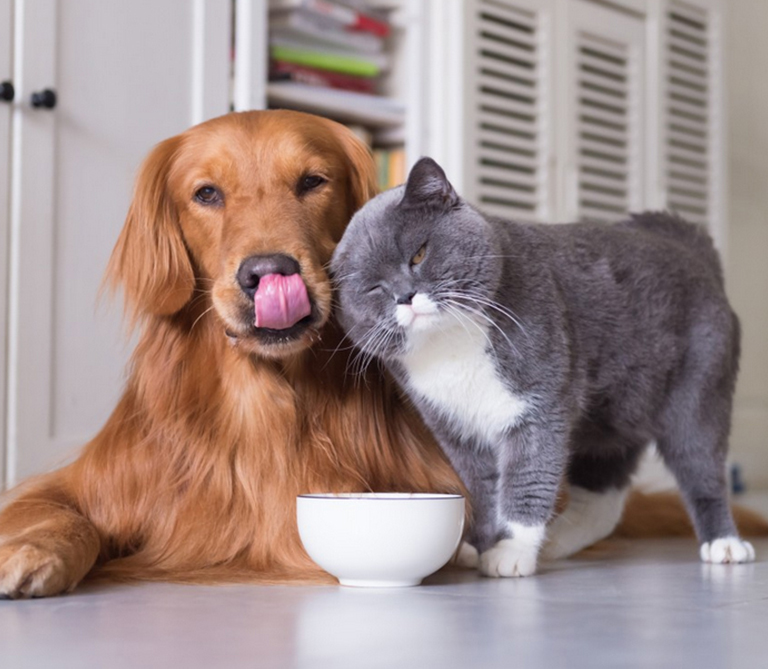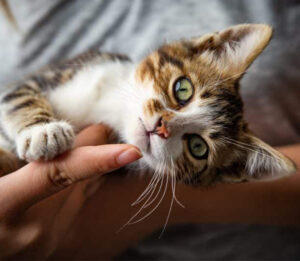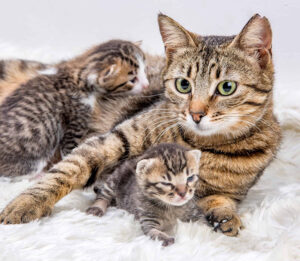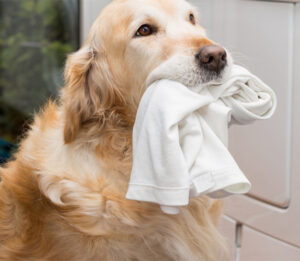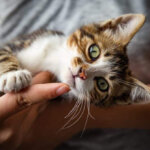As a pet owner, it can be difficult to know what is safe to feed your furry friends. While some human foods can be okay in small amounts, many are very harmful to Pet’s Health. Here are 18 common foods that you should never feed your pet:
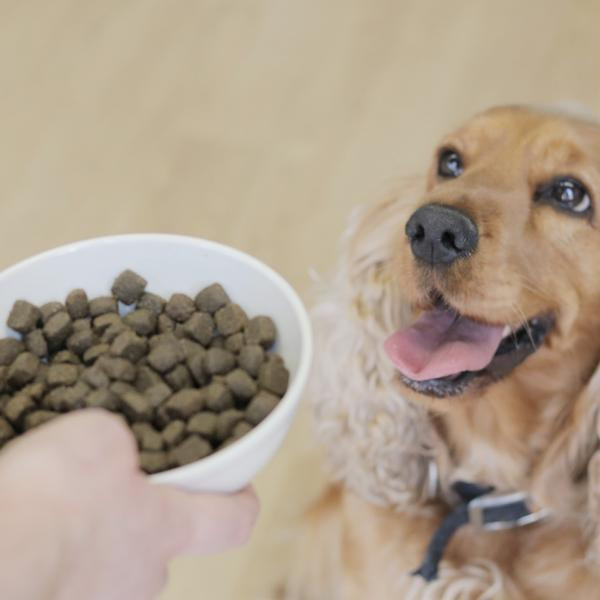
Foods That Could Harm Your Pet’s Health
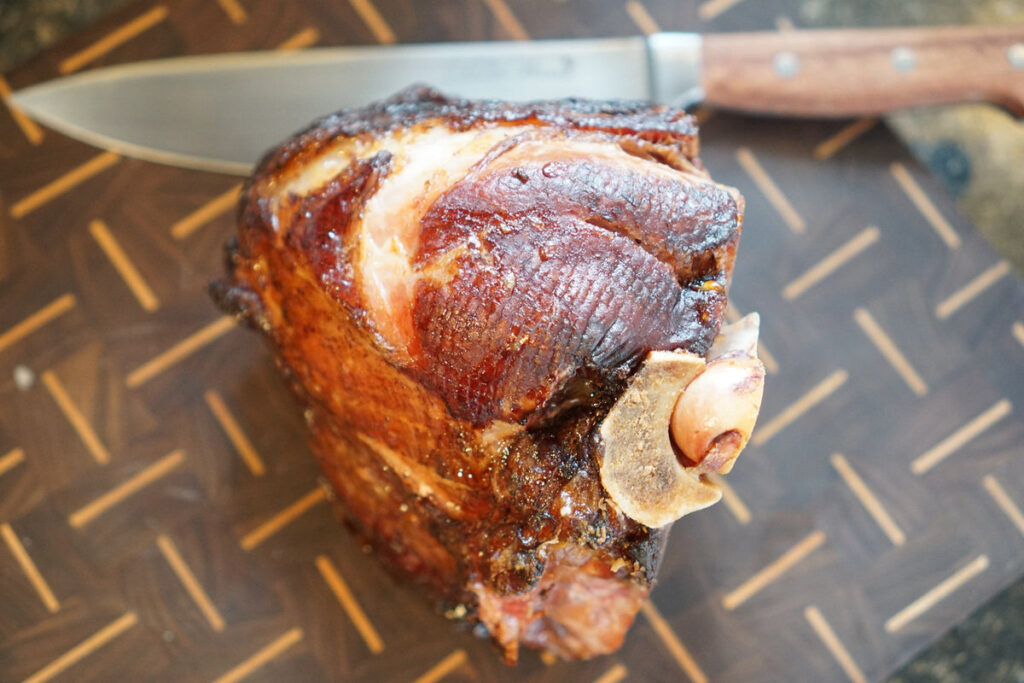
- Ham and other fatty meats are dangerous. They’re high in fat and can cause life-threatening pancreatitis. These foods are also very salty and can cause serious stomach upset. Large breeds of dogs that eat salty food may develop a fatal condition called bloat.
- Bones are very dangerous for animals. They can splinter or lodge in the intestinal tract and require surgery. Bones can also get stuck in your pet’s mouth or throat.
- Chocolate can be lethal. It contains theobromine, which causes increased heart rate, central nervous system stimulation, and constriction of arteries in pets. Even small amounts of chocolate can cause vomiting, diarrhea, restlessness, and excitability, and serious reactions can occur quickly.
- Don’t Feed Spoiled Food Moldy or spoiled food can cause food poisoning in pets, leading to vomiting, diarrhea, tremors, shaking, and seizures. Avoid feeding your pets anything you wouldn’t eat to prevent this. It will harm Pet’s Health
- Many pets are lactose-intolerant and develop diarrhea when drinking milk. Cheese, even in small amounts, is too high in fat and can lead to life-threatening pancreatitis. Refrain from giving them milk or cheese.
- Caffeine is risky. It contains methylated xanthine, which stimulates the central nervous and cardiac systems and can cause vomiting, restlessness, heart palpitations, and even death.
- Avocados are high in fat and can cause stomach upset, vomiting, and even pancreatitis. The pit, besides being toxic, can get lodged in your pet’s intestinal tract, leading to a severe blockage that may require surgery.
- Canned tuna fish does not have an amino acid called taurine that a cat’s heart muscle requires to maintain normal strength and function. Cats that eat too much tuna fish can develop heart problems. Give your cats tuna fish for cats instead, which has taurine added.
- Raisins and grapes can lead to gastrointestinal signs from vomiting and diarrhea to life-threatening kidney failure, which starts within about 24 hours after ingestion.
- Fruits with Pits or Cores are Harmful Cats and dogs should not be allowed to eat the pits and cores of plums, peaches, pears, or apples, as they contain cyanogenic glycosides that can lead to cyanide poisoning. Symptoms include salivation, dilated pupils, difficulty breathing, dizziness, collapse, coma, seizures, hyperventilation, and shock.
- Macadamia nuts contain an unknown toxin that can seriously affect a pet’s digestive tract, nervous system, and skeletal muscles. Dogs have become violently ill from ingesting as few as six macadamia nuts.
- Liver can be Toxic Liver contains high levels of vitamin A which can cause toxicity if consumed in large amounts. Symptoms of hypervitaminosis A include constipation, weight loss, anorexia, and bone growth abnormalities that cause joint, neck, or spine stiffness.
- Fat is Harmful Feeding pets with fat trimmings can lead to pancreatitis, a condition that causes vomiting, diarrhea, and severe stomach pain. Lethargy and dehydration are common in pets with pancreatitis, and if left untreated, it can be fatal.
- Avoid Potato Peels and Green Potatoes Oxalates in potato peels can cause digestive, nervous, and urinary tract problems in pets. Symptoms include vomiting, lethargy, depression, seizures, and diarrhea.
- Yeast Dough is Dangerous If ingested, yeast dough expands in pets’ stomachs and intestines, causing pain, discomfort, and even rupturing of the stomach or intestines. Fermentation of the dough produces alcohol, which can be toxic. Symptoms include vomiting, abdominal discomfort, lethargy, and depression.
- Onions and garlic are poisonous to pets. They contain toxic ingredients that can damage red blood cells and cause fatal consequences. Onions, either raw or cooked, are more dangerous, while garlic is less toxic.
- Beware of Rhubarb and Tomato Leaves/Stems Oxalates in rhubarb and tomato leaves and stems can affect pets’ digestive, nervous, and urinary tract systems, causing vomiting, diarrhea, abdominal cramps, muscle twitching, convulsions, and seizures.
- Alcohol is toxic to pets. It doesn’t take much to intoxicate them. Alcohol can suppress the central nervous, respiratory, and cardiac systems, and even lead to death. Just give your pet water.
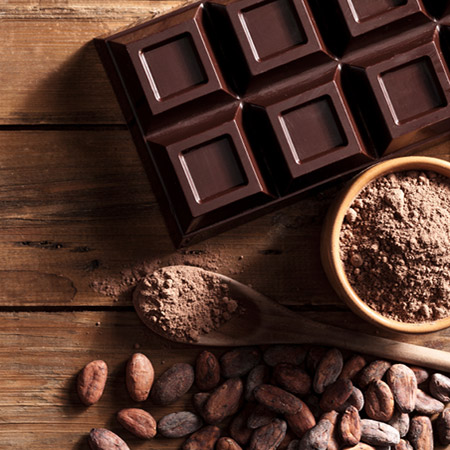
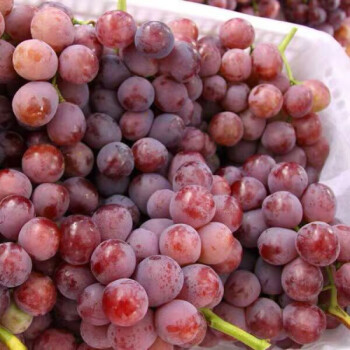
Be sure to provide your pets with a well-balanced diet that’s formulated for their life stage, and avoid these dangerous foods at all costs. If you want to know more about pet health, you can visit this website.


